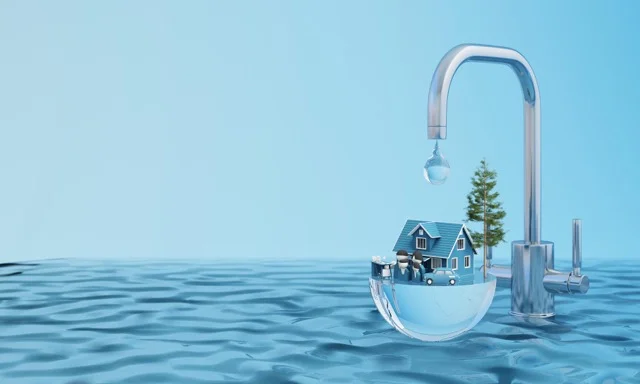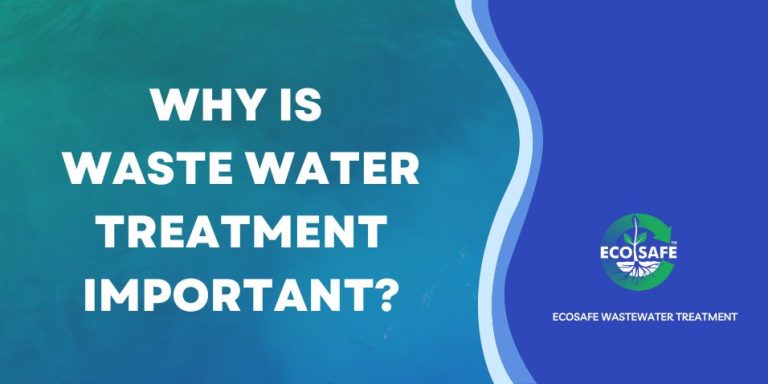Not known Facts About Reclaim Waste
Table of ContentsThe Definitive Guide to Reclaim WasteThe smart Trick of Reclaim Waste That Nobody is Talking AboutThe smart Trick of Reclaim Waste That Nobody is Talking AboutAbout Reclaim WasteThe Ultimate Guide To Reclaim Waste
Explore the kinds, events, and types of liquid waste. Residential sewage waste refers to the waste and items from a household sewage-disposal tank. This kind of waste is produced by people in houses, schools, and various other buildings. This only consists of sewage-disposal tanks that have a drain field. The correct administration and disposal of domestic sewer waste need liquid waste to be moved to a sewer therapy plant where the appropriate methods and tools are applied to detoxify and throw away waste.
Industrial waste typically consists of prospective hazards, such as combustible materials or a mixture of fluid and strong waste products, and needs an extra innovative and comprehensive disposal procedure. The disposal of business waste typically includes the purification of waste before transport to make sure secure and appropriate disposal. Industrial waste is developed from results and runoff of industrial processes and production.
This sort of waste can not make use of the same sewer management transportation or processes as septic or commercial liquids. The hazardous waste administration procedure requires the evaluation and screening of fluid waste before it undergoes the disposal process (industrial wastewater treatment). Overflow waste is the fluid waste that comes from overflow and excess stormwater in extremely populated locations or cities
Overflow waste can cause contamination and flooding if not dealt with effectively. Ensuring correct waste administration can stop disasters and reduce ecological injury.
Reclaim Waste Things To Know Before You Get This
Get in touch with PROS Solutions today to discover our waste administration and disposal services and the correct ways to look after the fluid waste you create.
(https://reclaimwaste1.carrd.co/)This so-called 'wastewater' is not just an essential resource but, after therapy, will certainly be released to our land, waterways or the ocean. Made use of water from bathrooms, showers, baths, kitchen sinks, laundries and commercial procedures is known as wastewater.

water used to cool down equipment or clean plant and devices). Stormwater, a type of wastewater, is overflow that streams from farming and urban locations such as roofing systems, parks, gardens, roads, courses and rain gutters into stormwater drains pipes, after rain. Stormwater streams without treatment directly to local creeks or rivers, ultimately reaching the ocean.
Reclaim Waste for Beginners
In Queensland, most wastewater is dealt with at sewer treatment plants. Wastewater is transferred from residential or commercial sites through a system of sewers and pump stations, referred to as sewage reticulation, to a sewer treatment plant. Regional federal governments build, maintain and run most sewage treatment plants. Operators are accredited under the Environmental Protection Act 1994 to release cured wastewater at an acceptable environmental requirement right into rivers.
The Division of Natural Resources recommends neighborhood governments about managing, operating and preserving sewerage systems and therapy plants. In unsewered locations, neighborhood governments may need owners to install specific or household sewer treatment systems to deal with domestic wastewater from bathrooms, kitchen areas, restrooms and laundries. The Department of Natural Resources authorizes making use of household systems when they are confirmed to be reliable.
In some new subdivisions, therapy of some stormwater to get rid of litter, sand and crushed rock has started utilizing gross pollutant traps. Wastewater therapy happens in 4 phases: browse around this site Eliminates solid matter.
Makes use of tiny living microorganisms understands as micro-organisms to damage down and remove remaining liquified wastes and great particles. Micro-organisms and wastes are incorporated in the sludge.
The Definitive Guide for Reclaim Waste
Nutrient elimination is not available in any way sewer therapy plants due to the fact that it requires expensive specialist equipment. It is becoming more usual in Queensland. Clear liquid effluent created after treatment might still include disease-causing micro-organisms. If this effluent is released into waterways such as rivers or the sea, the micro-organisms will eventually die out.

This normally means wastewater needs to be treated or impurities eliminated prior to it can be discharged to waterways. Many wastewater moves right into the sewerage system. Under the Act, city governments carry out authorizations and permits for environmentally relevant tasks (ERAs) involving wastewater releases that could have a regional impact. The department provides authorizations and permits to ERAs entailing wastewater releases that might have a regional or statewide impact.
Things about Reclaim Waste
Otherwise, samples are taken for lab analysis. Frequently many tests are needed to establish the degrees of each of the different toxins such as oils, heavy steels and chemicals in water. Surveillance offers accurate info about water quality and can verify that licence conditions are being satisfied. The information gotten with monitoring gives the basis for making water quality choices.